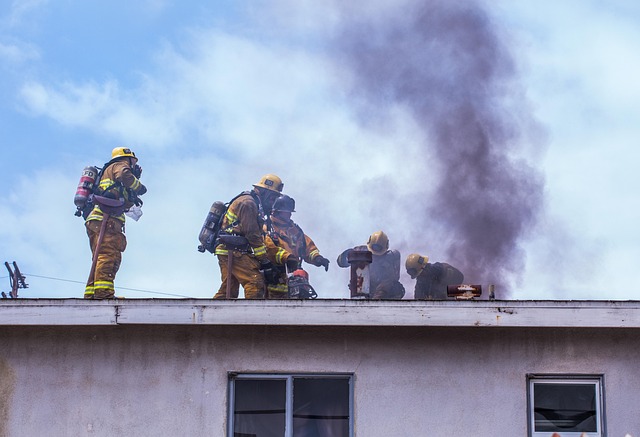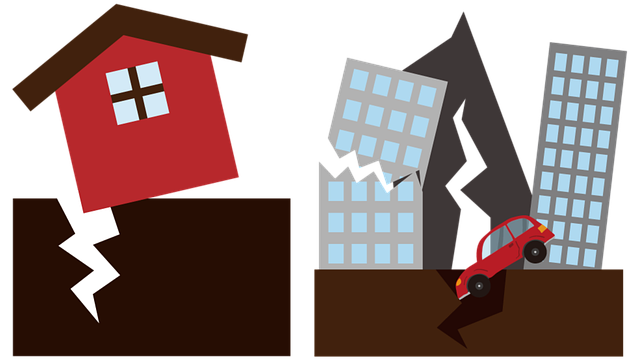In California, strict real estate disclosure laws require sellers to disclose any material defects or conditions affecting a property's habitability or value, including structural damage, water damage, mold, lead-based paint, and environmental hazards exacerbated by fire. When selling a home "as is" due to significant fire damage, compliance with these laws is crucial; failure to disclose known issues could result in legal action. Consulting a real estate attorney is advisable to protect against future disputes when selling your house as is after fire damage in California.
- Understanding Real Estate Disclosure Laws in California
- Selling Your House As Is After Fire Damage: Legal Considerations
Understanding Real Estate Disclosure Laws in California

In California, real estate disclosure laws are stringent, designed to protect both homebuyers and sellers. When considering selling your house as-is due to fire damage, understanding these regulations is paramount. The state requires sellers to disclose any known material defects or conditions that could affect the property’s habitability or value. This includes, but isn’t limited to, structural issues, water damage, mold, lead-based paint, and environmental hazards—all of which might be exacerbated by fire damage.
California’s transparency standards aim to ensure that buyers have all the information they need to make an informed decision. Sellers must provide a Property Disclosure Statement (PDS) outlining any known issues, even if they’re not immediately apparent during inspections. This meticulous approach encourages honesty and transparency throughout the real estate transaction process, particularly when dealing with properties that have sustained fire damage.
Selling Your House As Is After Fire Damage: Legal Considerations

When facing significant fire damage to your California property, one option available to homeowners is to sell their house “as is.” This approach can be appealing, especially given the time and financial resources required for repairs. However, it’s crucial to understand the legal considerations that come into play in such situations. In California, sellers are generally required to disclose known material defects to potential buyers, even in a “as-is” sale. Fire damage that affects structural integrity or poses safety hazards must be transparently communicated to avoid legal repercussions later on.
The state’s real estate disclosure laws aim to protect buyers by ensuring they have all necessary information when purchasing a property. Sellers who fail to disclose known issues related to fire damage could face legal action, including potential lawsuits for breach of contract or misrepresentation. Therefore, if you’re considering selling your house as is after fire damage in California, it’s wise to consult with a real estate attorney to understand your obligations and protect yourself from future disputes.
When facing fire damage, selling your house “as is” in California involves understanding state-mandated real estate disclosure laws. While it may seem easier to sell quickly without repairs, transparency is key to avoiding legal issues down the line. By adhering to these regulations and being honest about the property’s condition, you protect yourself and ensure a smoother transaction for both parties when selling your California home post-fire damage.






